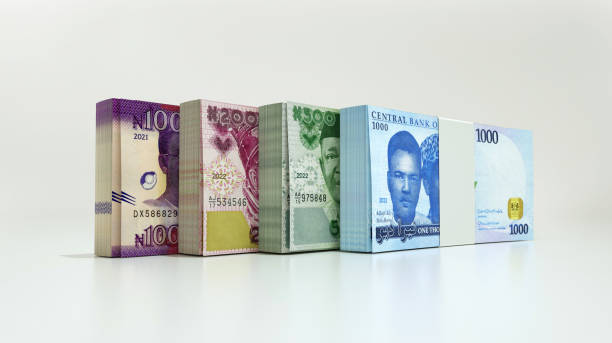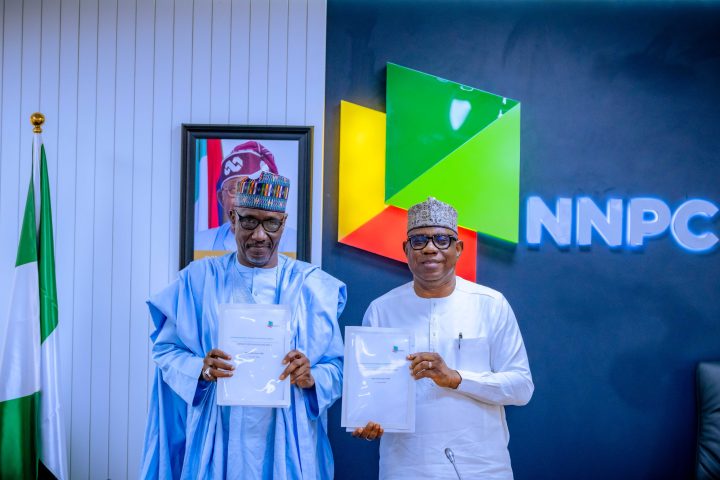The naira on Tuesday, 17th September recorded a significant drop against the United States Dollar as exchange rate rose to N1,656.49 at the official foreign exchange market.
This is according to the Nigeria Autonomous Foreign Exchange Market (NAFEM) data published on the FMDQ Securities and Exchange platform.
Join our WhatsApp ChannelThe naira lost N110.08 when compared to N1546.41/$ which was the closing rate on Friday, 13th September 2024. This reflects 7.12 per cent depreciation.
This is coming after the Eid-Ul-Mawlid holiday which was on Monday.
The NAFEM data on FMDQ platform shows that trading at the Investors and Exporters (I&E) was between a high of N1, 665.00/$ and low of N1,565.00/$.
The daily turnover of foreign exchange transactions on Tuesday was $100.39 million. This is also a massive drop of $108.38 million or 51.91 per cent when compared to $208.77 million recorded on Friday.
READ ALSO: Black Market Dollar (USD) To Naira (NGN) Exchange Rate Today, 18th September 2024
Prime Business Africa reports that the naira had continued to fluctuate against the greenback at the foreign exchange market since last week. After appreciating to N1,580.46 per dollar on Monday, 9th September, the naira however, fell to N1,637.59 per dollar on Tuesday, 10th September. The fluctuation continued as it after appreciating to N 1558.75/$ on Wednesday, 11 September, massively dropped again to N1,649.76/$. The N103.35 gained on Friday after the local currency closed at N1546.41/$, has been eroded by the latest crash.
The naira depreciation persists despite intervention of the Central Bank of Nigeria (CBN) in the foreign exchange market. As a way of boosting liquidity in the forex market, the CBN had on Friday, 6 September, announced its decision to sell $20,000 to each eligible Bureau de Change (BDC) operators at the rate of N1,580 /$.
The high exchange rate between the naira foreign currencies has taken heavy toll on the economy that is import-dependent as coupled with high energy costs due to high fuel price, the costs of goods have increased astronomically within the last one year.
The National Bureau of Statistics (NBS) on Monday, reported that August inflation figure showed that Nigeria’s inflation eased for the second consecutive time to 32.15 per cent. This was after experienced continuous acceleration for 19 months, reaching a 28-year high in June 2024.
Some economic analysts have expressed worries that the inflation trajectory which is already on downward spiral, may be affected by the recent hike in petrol price, as it has a multiplier effect on the economy.
Some economic experts have blamed the current foreign exchange crisis on reforms done last year, particularly, the floatation of the naira.
While commenting on the latest increase in price of petrol by the Nigeria National Petroleum Company (NNPCL), Chief Economist and partner at SPM Professionals, Dr Paul Alaje, called for a review of the naira floatation policy. He said that in the pricing shared by NNPCL regarding the petrol lifted from Dangote Refinery, it is clear that the exchange rate plays a key role. “Imaging the exchange was N800, PMS would be less than N500… The authorities in Nigeria need to review the current floatation policy,” he stated.
Victor Ezeja is a passionate journalist with six years of experience writing on economy, politics and energy. He holds a Masters degree in Mass Communication.

















Follow Us